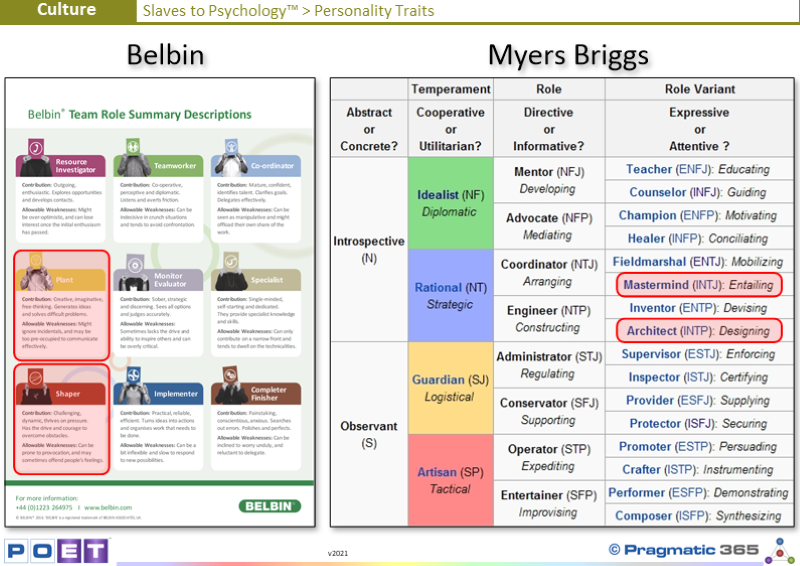
Although we all like to think of ourselves as individuals
(and that’s a good thing) it is possible to create categories or “types” of
people traits, based on certain criteria. Having created these categories, it
is then possible to compare and contrast these traits to understand how one
person relates to (or should relate to?) another person.
This is a bit of a minefield though, as you will find
proponents and detractors alike that hold very firmly held beliefs about the
accuracy or otherwise of such methods. Personally, I think they are wonderful
methods for understanding yourself, other people, how you interact with other
people and how other people interact with you. Anything that makes
understanding and communication better, and easier has got to be a good idea!
...to read more, please Login or Register